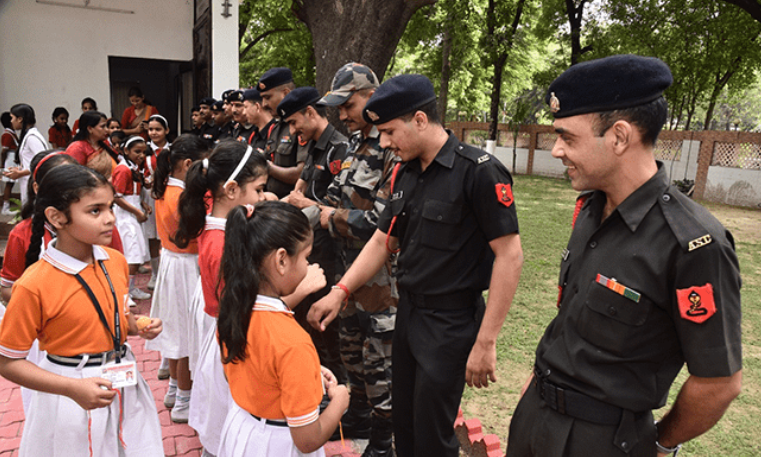
‘Judicial enthusiasm should not obliterate the profound responsibility that is expected from the court below’
The Allahabad High Court on Thursday placed an interim stay on the proceedings in a lower court in the Gyanvapi mosque-Kashi Vishwanath temple title dispute in Varanasi, including the April order of the lower court which had directed the Archaeological Survey of India (ASI) to conduct a comprehensive physical survey of the Gyanvapi mosque compound adjacent to the temple. The HC put a stay on further proceedings in the original suit of 1991 pending before the court till the next date of listing on October 8.
Justice Prakash Padia came down heavily on the lower court in Varanasi, saying that it should not have proceeded and decided the application filed by the plaintiffs in the original suit for survey by the ASI even as the judgment in the original pending petitions in the matter was reserved by the HC on March 15. “…the Court below should wait for the verdict in the petitions pending before this Court and not to proceed further in the matter till the time a judgment is delivered. The judicial courtesy and decorum warranted such discipline which was expected from the Court below but for the unfathomable reasons, neither of the courses were taken,” said the HC.
Justice Padia also regretted that the lower court judge “departed from this traditional way” in the present case and chose to examine the question himself. “I have said so with the fond hope that judicial enthusiasm should not obliterate the profound responsibility that is expected from the Court below,” Justice Padia observed.
The court allowed the amendment applications filed by the Uttar Pradesh Sunni Central Waqf Board and the managing committee of the Gyanvapi Mosque in Varanasi, Anjuman Intezamia Masjid, and directed their counsel to make necessary amendments in the petition in three days.
The lower court had in April directed the ASI to find out whether the Gyanvapi mosque was a “superimposition, alteration or addition or there is structural overlapping of any kind, with or over, any other religious structure”.
Senior civil judge fast track court Ashutosh Tiwari had directed the Director General of the ASI to constitute a five-member committee of experts and those well versed in the science of archaeology, two out of which should preferably belong to the minority community. The committee would “trace as to whether any Hindu temple ever existed before the mosque in question was built or superimposed or added upon at the disputed site,” the judge said.
The order had come on a petition demanding the restoration of the land on which the Gyanvapi mosque stands to the Hindus, claiming that Mughal emperor Aurangzeb had pulled down parts of the old Kashi Vishwanath temple to build the mosque.
The managing committee of the Gyanvapi mosque in Varanasi, Anjuman Intezamia Masjid, and the Uttar Pradesh Sunni Central Waqf Board then moved the Allahabad High Court to restrain the proceedings of the local court.
The Uttar Pradesh Sunni Central Waqf Board and the Masjid Committee had called the court decision unwarranted and argued that it was barred by the Places of Worship (Special Provisions) Act, 1991. The Places of Worship Act was endorsed by a five judge Constitution Bench of the Supreme Court in the Ayodhya judgment.
This story first appeared on thehindu.com






